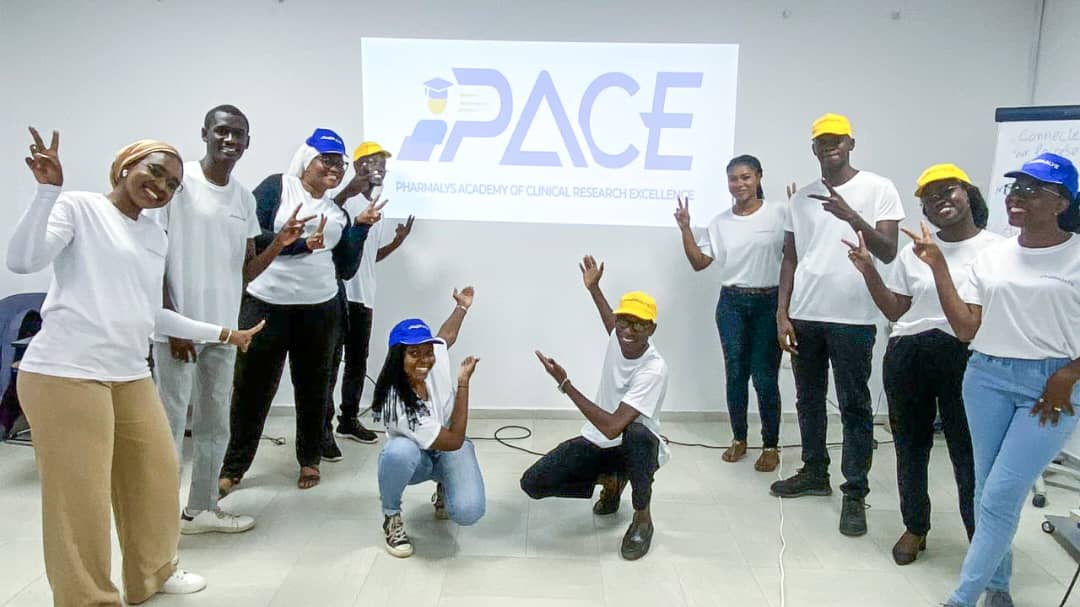Marianne, tell us about yourself, your background and what you specialise in?
I have extensive experience in the consulting and training sector and I specialise in training management and communication skills, also known as soft skills, although I believe that soft skills are the hard skills everyone needs in order to be productive at work. For more than 20 years I have provided training and coaching for global companies, like SAP, T-systems, GFT, Delta Electronics and many more.
Currently I am a professor at EADA Business School (Barcelona), teaching the subject of Organisational Behavior and delivering management training for international companies.
Aside from my teaching, I founded my own company in 2015, named Yellow | Soft Skills for Tech. We work specifically with international Tech Companies and provide communication and leadership training.
My background is in Social and Organisational Psychology (University of Leiden, the Netherlands) and I have a Master’s Degree in Organisational management and Strategy (Erasmus University, Rotterdam, NL).
I am Dutch born but moved to Barcelona 25 years ago, following my dream to live in a big Mediterranean City with a nice international climate.
I have been certified in Communication and Personal Effectiveness methods, such as Transactional Analysis, The DISC method, Transformational Coaching, Behaviour-based Management (STAR), and Problem Solving Techniques, like Root Cause Investigator.
What interested you to become an instructor of PACE, the Pharmalys Academy of Clinical research Excellence?
I see it as an opportunity to contribute to the field of Clinical Research, teaching people the essential skills to collaborate in teams, enable them to influence through negotiation, learn how to solve conflicts and get their ideas across, teach them to have an eye for analytical problem solving. I support them in becoming valuable team members, not only in the technical part of their contributions but as well in their effectiveness to communicate their ideas constructively.
Teaching in a Clinical Research Academy, I believe I can play an important role in shaping their careers and preparing them for the challenges and opportunities in the field.
The fact that the first pilot cohort for PACE included research students in Senegal made it extra interesting, as I learned a lot from their ideas and different perspectives.
Which module of PACE are you responsible for? Could you please share some information about its content?
I am responsible for two modules, CV Writing and Job interviews, and Soft Skills. The first module involves supporting the students in their job search and how to present themselves during job interviews. The second module is on important soft skills that researchers need in the workplace. Together with my colleague Kitty van Dijk, we train the following skills: Influencing, Negotiating, Conflict Handling, Stress Management, Critical Thinking and Problem Solving.
Why is this module important for PACE learners?
As researchers within the industry, students will need these skills to be a valuable team member, working in interdisciplinary teams. They will have to be able to collaborate in a constructive way, despite the differences, get their ideas across and manage their level of stress. It is as well important to know how to handle conflicts at work and critical thinking and problem solving are essential to be productive and effective.
Effective teamwork and interpersonal skills are vital for building productive relationships and achieving research goals.
In summary, soft skills complement the technical and scientific expertise of clinical researchers, enabling them to navigate the complex and multidisciplinary nature of their work more effectively.
What three words best describe PACE for you?
Excellence, Inclusive, and Professional.
Marianne Slotboom, PACE instructor
Business Consultant, Trainer & Coach, Founder of Yellow | Soft Skills for Tech
Barcelona, October 2023

